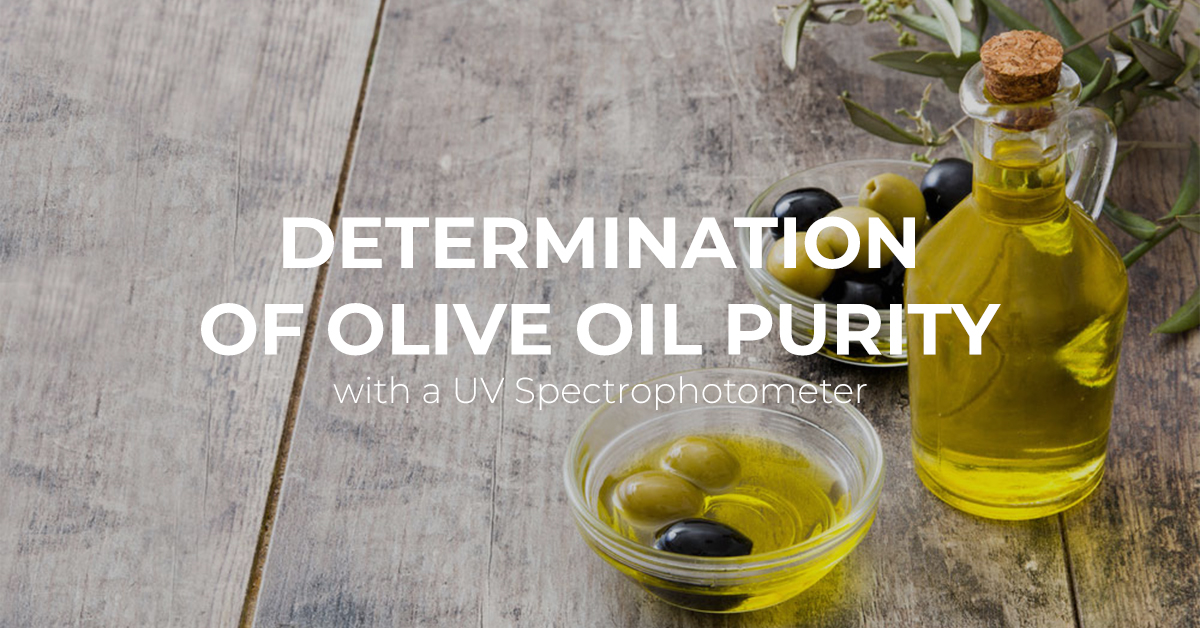UV-Vis spectroscopy is widely used for verification of the purity of different types of olive oil samples. Olive oil is rich in monounsaturated fatty acids, which are essentially all long chain fatty acids. Various scientific works have shown that these fatty acids help in lowering cholesterol levels along with lowering heart diseases.
The oxidation is the main deteriorative process that inevitably involves the lipids and plays a very important role in the lowering of fat and oil quality, particularly in relation to the off-flavors that develop as an outcome of autoxidation. Unsaturated lipids are particularly susceptible to oxidation and leads to allylic hydroperoxides. Hydroperoxides contain diene or triene conjugated double bonds, which shows strong absorption between 200 nm to 300 nm. A low absorption in this area is a sign of high quality olive oil and vice versa. This application note examines the quality of different olive oil samples and helps in differentiating between the samples. Learn more here

